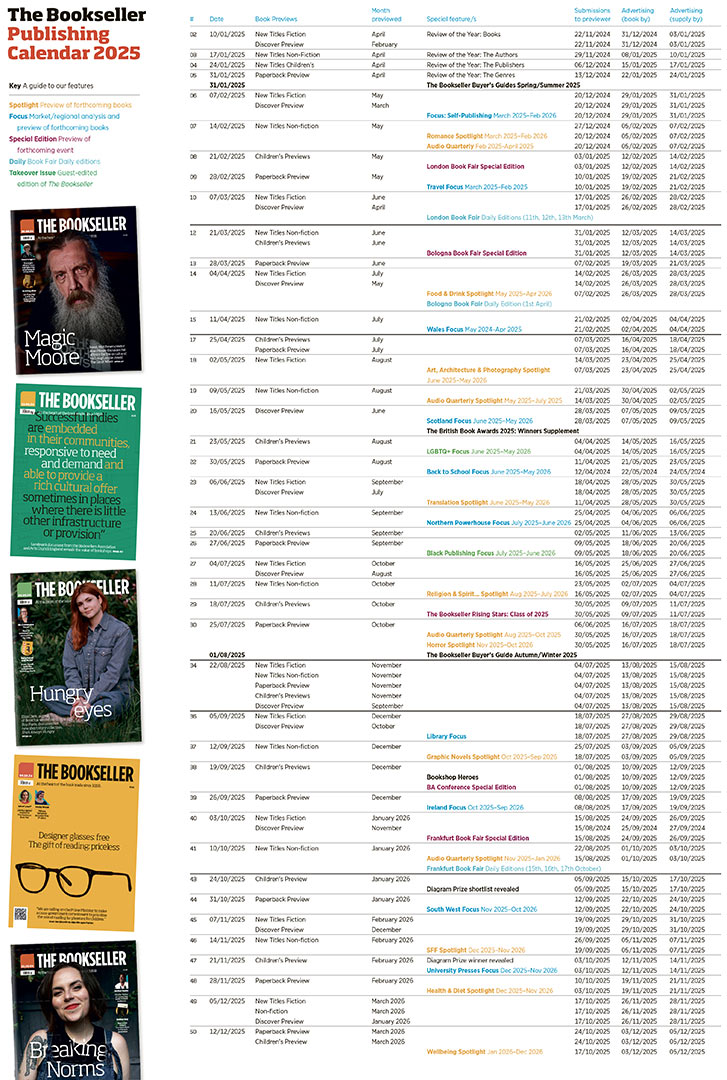You are viewing your 1 free article this month. Login to read more articles.
From zero to hero
It’s a longstanding trope that the cogs of EU politics turn very slowly—one that is often used (and abused) in UK political discourse, with proponents of Brexit positioning it as a solution.
It is therefore ironic that events in Brussels a couple of weeks ago—when a key vote at the Economic & Financial Affairs Council finally allowed member states the freedom to set their own VAT regimes—mean the UK may now see others surge ahead on the issue of zero-rating digital publications. It has been an extremely long time in the offing, granted, but the EU has demonstrated that it is forward-thinking on this issue and has at last acted accordingly.
Other EU countries have indicated they will quickly get on with correcting this bizarre discrepancy, whereby 20% VAT is charged on digital publications—including e-books, audiobooks and digital journals—as opposed to 0% on their print equivalent. This digital penalty impacts millions of consumers and is stalling the growth of the publishing sector. Forty-one per cent of UK adults bought, downloaded, borrowed or were gifted an e-book in 2016, and audiobooks are currently the fastest-growing digital book format.
Do the right thing
The UK now risks lagging way behind its European counterparts if it doesn’t take the earliest opportunity to act. In or out of Europe, it’s the right thing to do. We should not be taxing reading, learning and knowledge in any format.
The UK decided in 1973 that books were one of the few items that should remain exempt from VAT. The government of the time took the decision in recognition of the detrimental effect any tax on reading would have on access to knowledge, and on the basis that the free exchange of ideas is fundamental to a learned and democratic society. This principle is as relevant today as it was 45 years ago.
Nielsen data shows that most of those buying e-books are women (64%), and digital readers are fairly evenly spread across the age-groups, with 14% sold to those aged 13–24 and 17% to those aged 65–84. There are 360,000 registered blind or partially sighted people in the UK, many of whom benefit from non-print content, as well as a huge number of students and academics who use digital journals.
The costs to the UK treasury of zero-rating digital publications are likely to be comparatively modest—and offset to some extent by the current public-sector VAT spend on e-publications, as well as the compliance enforcement costs to HMRC associated with operating two rates of tax.
The change would hugely benefit UK readers and give reassurance and certainty to digital content businesses. It would also send a clear message that the government is serious about its commitment to, in its own words, "make Britain the best place in the world to start and grow a digital business".
Axe to grind
The UK’s great authors would also benefit from zero-rating, as significant market expansion would be an expected outcome. More readers, more books sold, and a wider breadth of authors able to get their products to market. Zero-rating e-publications would end an unfair tax that is a barrier to digital growth and provides a brake on learning. It will provide benefits to digital readers of all kinds, including students, those with disabilities and a range of public sector workers who rely on having access to digital content to do their jobs—from teachers, to nurses, doctors and members of the armed forces.
The PA will shortly be launching a full campaign, Axe the Reading Tax, which we will use as a vehicle to escalate the case for zero-rating all digital publications. The campaign centres on three themes: increasing fairness, stimulating growth, and modernising the tax system. We have written to Chancellor Philip Hammond MP ahead of the budget at the end of October to raise our concerns, and we are also asking UK publishers to write direct.
Many people from all industries will, of course, be pushing for myriad causes, but we stand a good chance of persuading the government if the publishing industry comes together to amplify the case for axeing the reading tax.



















